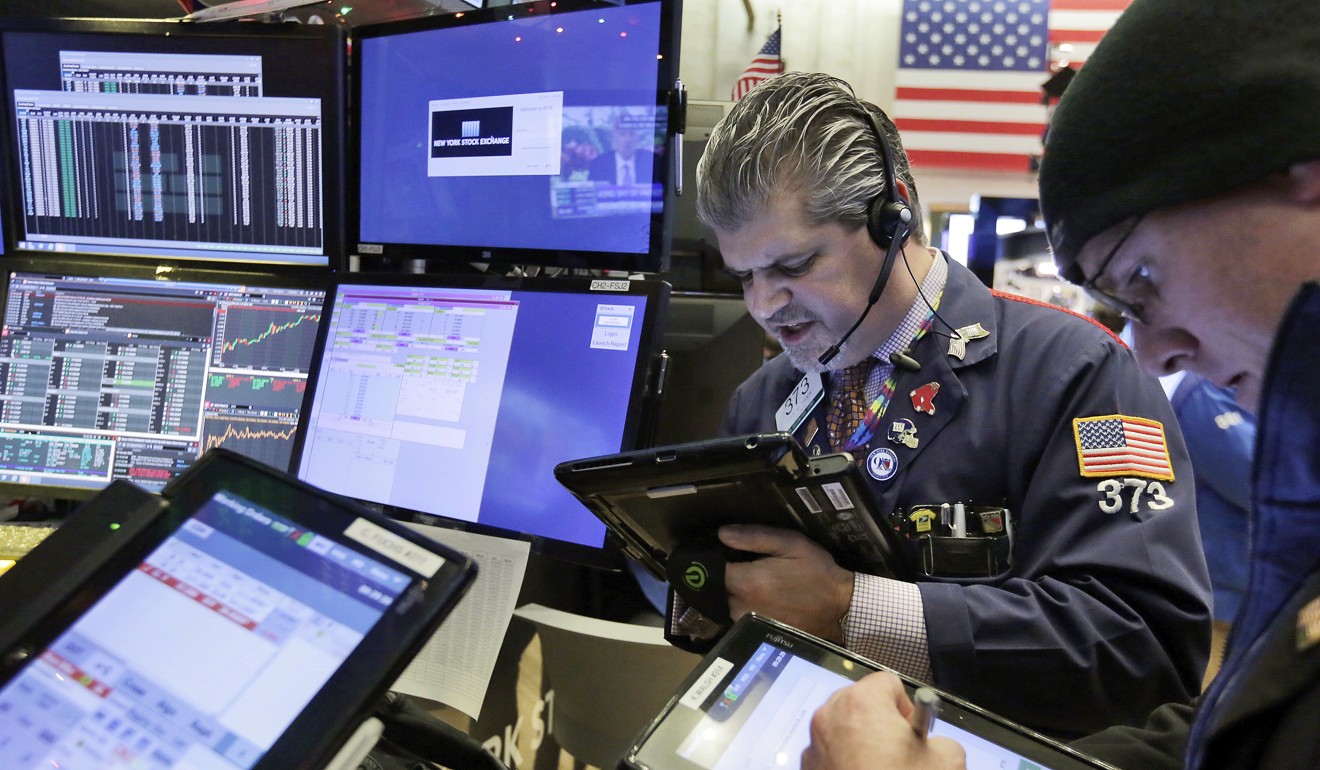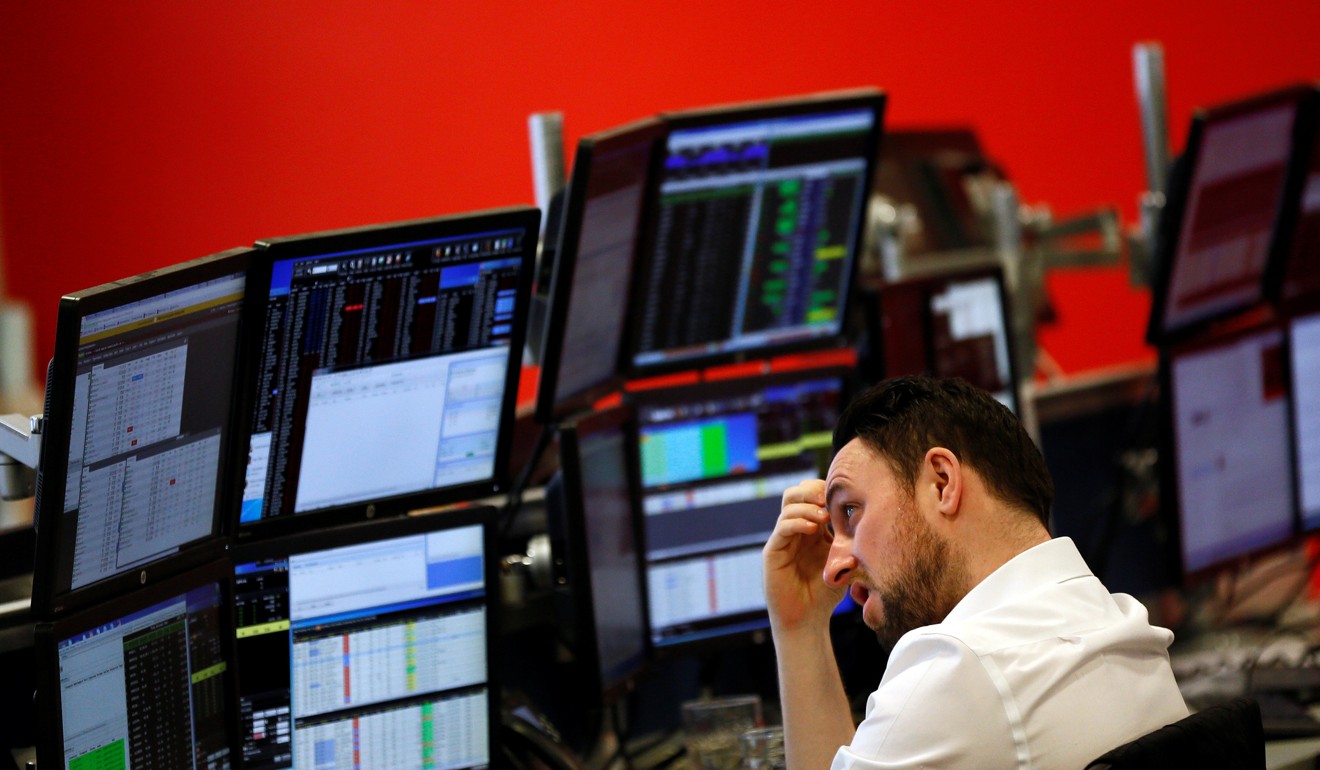
Famed US investment strategist Jeremy Grantham says stocks could be heading for a ‘melt-up’
Grantham is best-known for his accurate prediction in 2000 that US stocks would lose ground for the next decade. He now warns the current market is one of the highest-priced in history

Jeremy Grantham, the famous fund manager, vividly describes world markets as being at a ‘melt up’ stage, leading to a spectacular stock market melt down within six months to two years. Grantham is worth listening to, having correctly called both the 2000 and 2008 busts.
The chief investment strategist for GMO in Boston is generally known as a market bear and so some believers in the current strength of the markets have taken his remarks as a remarkably bullish view of the near term.
“As a historian of the great equity bubbles, I recognise that we are currently showing signs of entering the blow-off or melt-up phase of this very long bull market,” Grantham wrote in a letter to investors.
However it seems to me that his forecast is a dire warning, not least because he thinks the bust could come as soon as within six months and when it does, he says, “it is quite likely to be a decline of some 50 per cent”.

Most market commentators however seem to expect strong market performance this year. So who is right?
One explanation of why this situation is different from other pre-crash periods, notably the previous housing and dotcom bubbles, is that the rise in equity, commodity and even bond markets is based on something solid.
There is real growth in the global economy counterbalanced by signs that inflation is under control. This has led to an upward reassessment of corporate earnings based on realistic expectations of business growth.
However, and there is always a however, the market response to all this has been, highly excitable taking the price to sales level of the S&P 500 to the staggering peaks seen during the dotcom boom.
Meanwhile, Robert Shillers’ always useful cyclically adjusted price to earnings ratio index for US stocks is at a level only exceeded prior the Great Crash of 1929 and the 2000 dotcom bubble burst.
Investors are therefore accepting higher levels of risk because they take the view that in current conditions risk will be amply rewarded
Investors are therefore accepting higher levels of risk because they take the view that in current conditions risk will be amply rewarded.
The frenzied media coverage of these developments adds to this euphoria as records are reached on global stock markets. Much of this reporting is rather misleading as news of these records suggests a much faster pace of growth than is real.
Obviously as records are set there is excitement but in percentage terms the actual growth of the markets is more modest.
Nevertheless the market’s tail is most definitely wagging the real economy’s dog. As market valuations run ahead of realistic growth levels there will, inevitably, be a reversal. The danger is that these valuations will storm so far ahead as to cause a financial crisis.
The overenthusiasm is already evident. The average P/E ratio on the S&P 500 now stands somewhere around 23x, which is the highest it has been since 2009, when shares were still adjusting to the 2008 bust.

However, in historical terms this is not the highest level on record but it is way beyond the longer-term average. In parenthesis it is worth noting that in the first eleven months of both of Barack Obama’s terms as US president the level of increase was even higher, but in those halcyon days the White House declined to claim credit for such things.
This is wise on many levels because we are now at a point in the cycle where not only do active market participants become more active (look at stock exchange volumes for evidence of this) but new entrants are also keen to jump aboard and participate.
The market’s tail is most definitely wagging the real economy’s dog
They do so with minimal knowledge of underlying forces in the markets, just a simple belief that prices will keep rising. Yet, as Grantham has pointed out, price rises alone are not the main determinant of what’s likely to happen. He thinks it is worth looking at price acceleration, which captures “the importance of a true psychological event of momentum increasing to a frenzy.”
This level of acceleration is being seen rather more clearly in excitable markets such as the Hong Kong market, heavily influenced by mainland buying, taking share prices up by an average of 36 per cent last year. This is double the rate of increase in the US market.
Hong Kong’s stock price surge was largely aided by strong movements in the price of a relatively small number of stocks, another characteristic pointer towards a bubble burst.
When could this collapse happen? Who knows?
But Grantham suggests investors wait for their television screens to be filled with pundits yammering on about the latest investment fad, instead of talking about sports.
At that point, he says, ‘we are probably down to the last few months,” of the melt up.